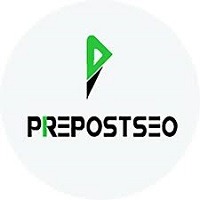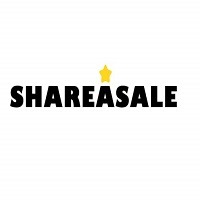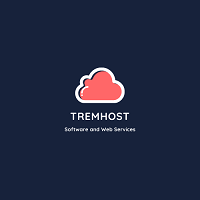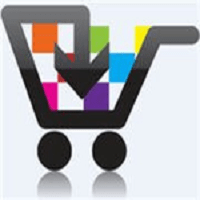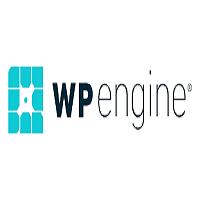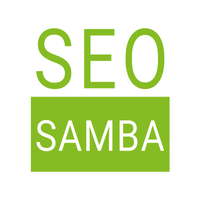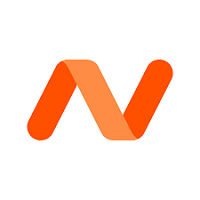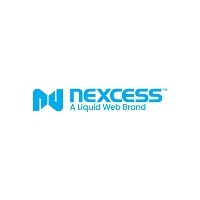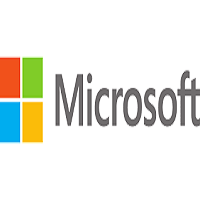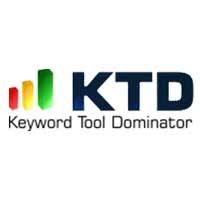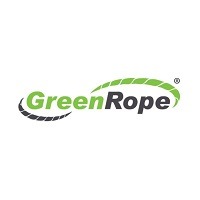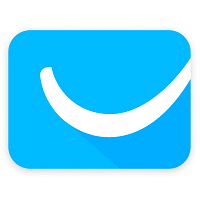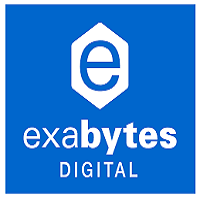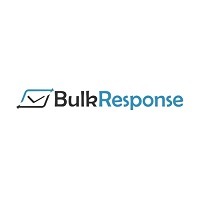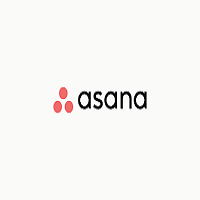Marketing & Advertising Software
From the successful execution of campaigns to maximizing resources and getting rid of repetitive tasks, marketing, and advertising software is an investment worth considering for any company. By utilizing this complex tool, companies can save time on managing low-value activities while also increasing their sales success rate exponentially.
Marketing and advertising software refers to tools that help businesses successfully execute campaigns, tap into their target markets and convert leads into sales all with minimal effort! Companies regardless of size can benefit from marketing tools as they allow them to increase efficiency by automating many administrative processes while simultaneously freeing up valuable personnel hours needed in other aspects like product development or customer service.
Businesses across the globe are using this type of technology in order to increase effectiveness and efficiency while doing so with less cost which benefits everyone involved! Marketing and advertising software solutions are not just a thing of the future. They have been around for decades and they can help any company to optimize their resources, get rid of repetitive tasks, or even generate more leads by tapping into target audiences. A study found that 54% had an improvement in campaigns with marketing software while 37% credited increased sales on this technology alone!
Marketing software can be an important tool for business. It helps automate different tasks and create more seamless processes – but before you invest in a system, ask yourself: what is it supposed to do for my company? And how will I know if this suits our operations? There are many options on the market; some allow you to manage all of your various facets with only one or two clicks while others target specific aspects like sales management, customer retention programs, or website analytics. So take time now to think about which type would suit your needs best- remember that these systems cost money so make sure they’ll actually help boost revenue at the end of the day!
Software related to marketing and advertising software that can be used together with marketing and advertising tools includes: SEO Software, Email Marketing Software, Social Media Marketing Software, Push Notifications Software, Marketing Automation Software, Online Reputation Management Software, Conversational Intelligence Software, Digital Analytics Software, Account Based Advertising Software, Bookmark Manager Software.

